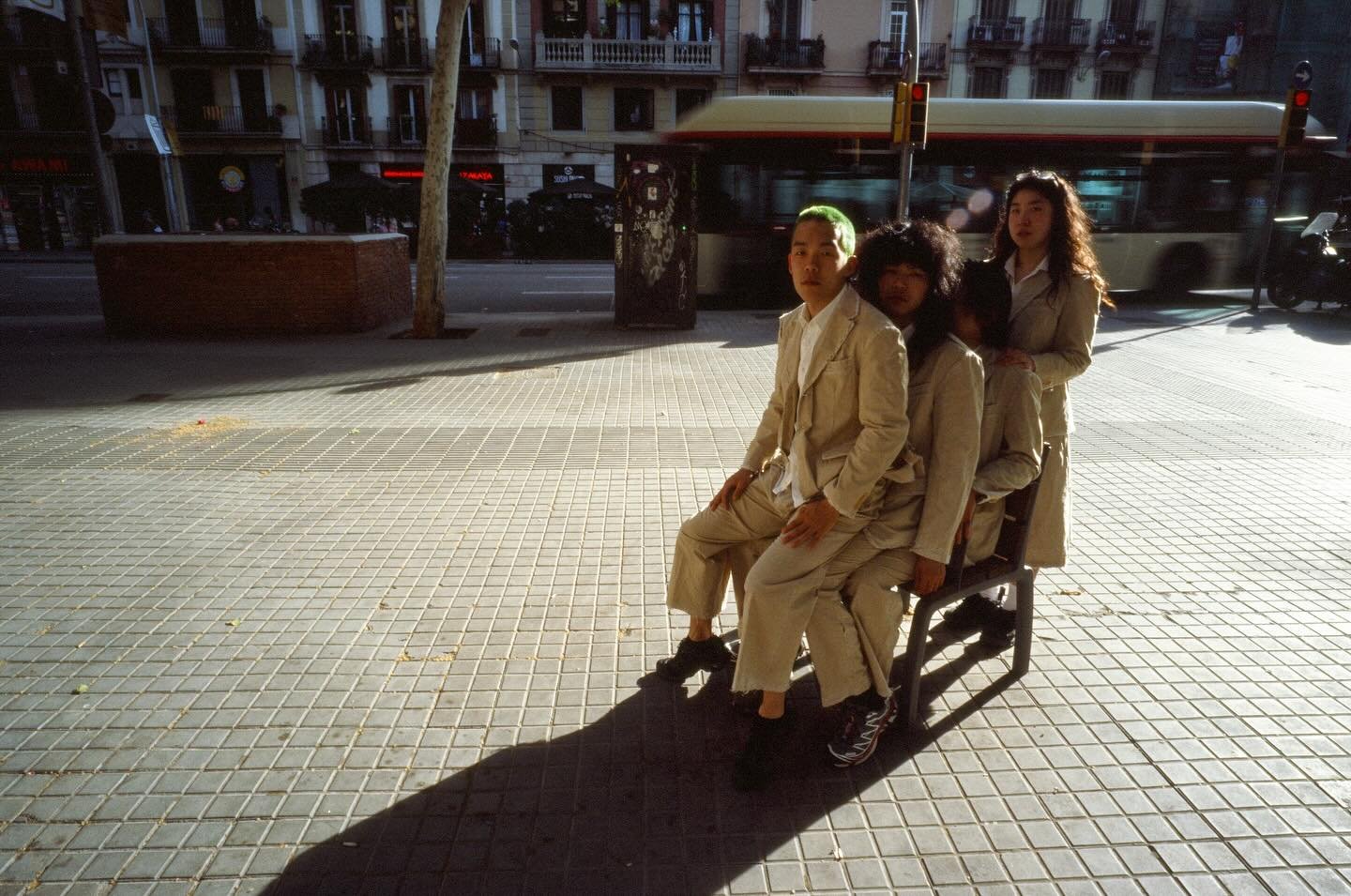Since 2023, China’s concert and live performance market has seen a resurgence after a period of frequent suspensions and cancellations due to social distancing requirements brought about by the Covid-19 pandemic.
According to data from the China Association of Performing Arts, an impressive 342,400 commercial performances were held across China in the first three quarters of 2023. These performances generated 32 billion RMB (4.44 billion USD) revenue in ticket sales. However, the soaring popularity of concerts has led to a significant challenge for fans: increased difficulty when it comes to getting tickets.
Taking the renowned singer Jay Chou as an example, data from the ticketing site Damai shows that more than 4 million people are interested in attending his 2024 Hangzhou tour dates, which take place from April 18th to 21st. Attendance is capped at 40,000 per night, meaning that out of 100 fans who wish to see the show, only 4 will get the chance.

High demand for tickets has given rise to ticket scalpers, who exploit an unregulated market to resell tickets at exorbitant prices. Often known as huangniu (黄牛, literally yellow cow) in Chinese, their prices sometimes even reach as high as 60,000 RMB for a ticket with a market price of 2,000 RMB. The prevalence of scalping has extended to music festivals and live house* performances, dampening the enthusiasm of many potential concertgoers.
In response to this issue, the government has implemented real-name verification for ticket purchases. Nevertheless, challenges persist, particularly regarding the collusion between concert organizers and scalpers in the illegal trade of tickets ostensibly set aside for internal use. In September 2023, the Ministry of Cultural and Tourism announced new regulations for large scale events, stating that event organizers must ensure at least 85% of an event’s approved audience capacity is allocated for public ticket sales through open market channels. However, due to a lack of clarity amongst law enforcement, scalpers continue to find loopholes, perpetuating scams and undermining the integrity of the ticketing system.

As calls for action against scalping grow louder, it remains clear that addressing this issue requires a multifaceted approach involving collaboration between authorities, concert organizers, and the public. While the road ahead may be challenging, tackling ticket scalping will be crucial for ensuring fair access to cultural events and maintaining audience interest in the entertainment industry.
* An English term borrowed from Japan’s music scene and commonly used in China, which refers to small live music venues, generally focused on independent music.


















